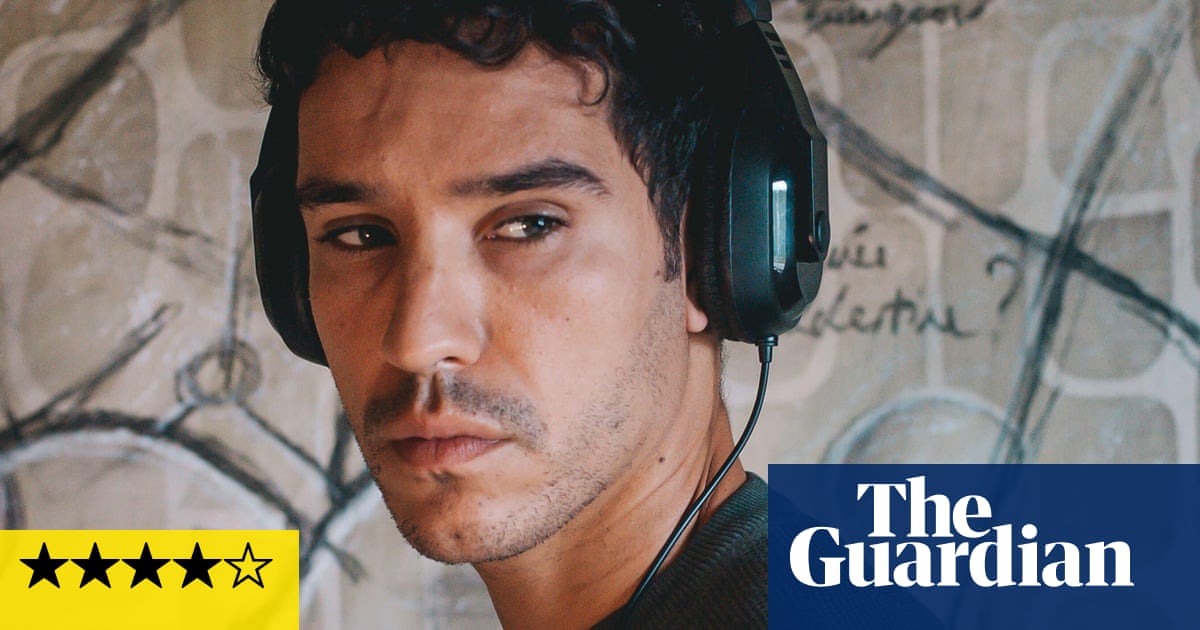
"The face of a Syrian refugee is the enigmatic key to this slow-burning drama-thriller, the fiction feature debut of French film-maker Jonathan Millet; it is hard, blank, withdrawn, yet showing us an inexpressible agony, a suppressed, unprocessed trauma, complicated by what is evidently a new strategic wariness. The refugee is Hamid (played by Adam Bessa), a former literature professor from Aleppo who is now in Strasbourg in France in 2016,"
"Hamid asks expatriate Syrians if they know a certain man, showing them a hazy photograph, claiming that this is his cousin. In fact, it is a man who tortured him and Hamid is a member of a ring dedicated to tracking down Syrian war criminals all over Europe. Haunted, exhausted and unhappy, Hamid's only real relationship is with his elderly mother in a Lebanese refugee camp, with whom he has weekly Zoom calls; this a tender performance from Shafiqa El Till."
"Finally, Hamid sees a Syrian chemistry student on a university campus called Harfaz (Tawfeek Barhom) and, based on what he smells like, becomes paranoically convinced that this is the man. Or is he just another innocent Syrian refugee trying to rebuild his life? Harfaz genially invites Hamid to join him for lunch and there is an extended, fascinatingly ambiguous dialogue scene, in which"
Hamid, a former literature professor from Aleppo, lives in Strasbourg in 2016 after torture in Sednaya prison and the murder of his wife and infant daughter. He joins a network that tracks Syrian war criminals across Europe, showing a hard, withdrawn face marked by trauma and strategic wariness. Hamid reconnects weekly with his elderly mother in a Lebanese refugee camp via Zoom. He becomes convinced that a Syrian chemistry student, Harfaz, is one of his torturers, leading to an extended, ambiguous confrontation that forces Hamid to choose between vigilantism and restraint. The narrative spans Europe and the Middle East, exploring pain and moral ambiguity.
Read at www.theguardian.com
Unable to calculate read time
Collection
[
|
...
]